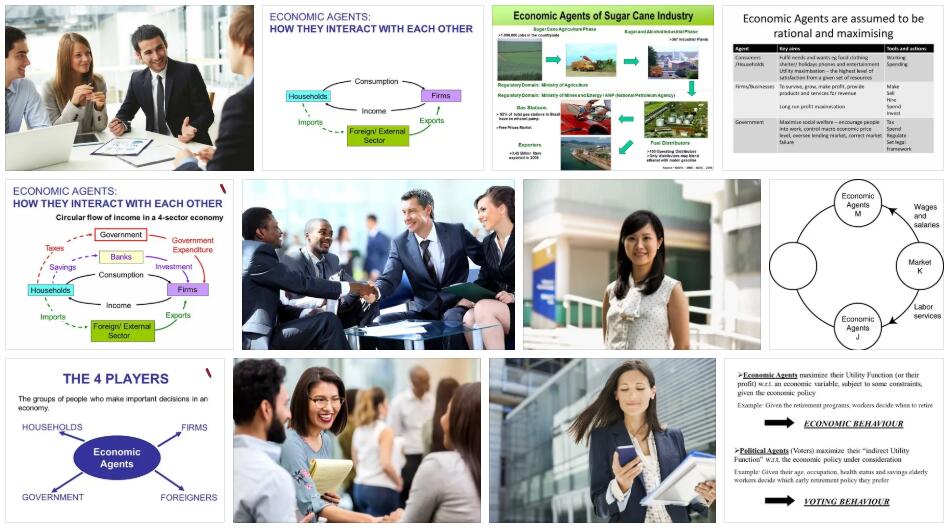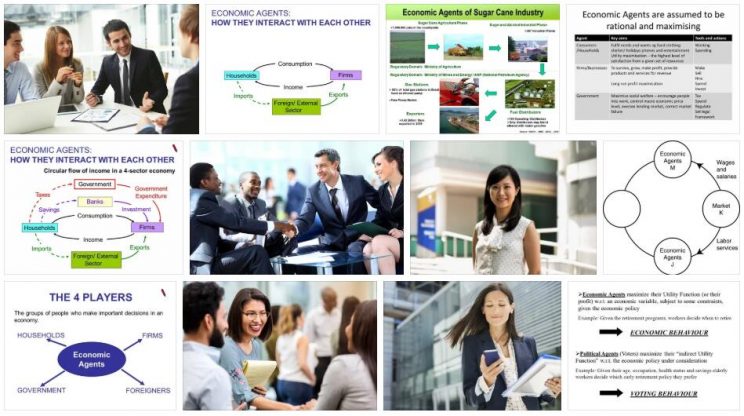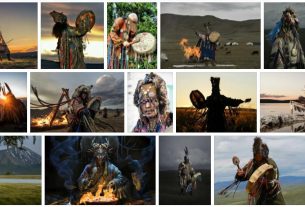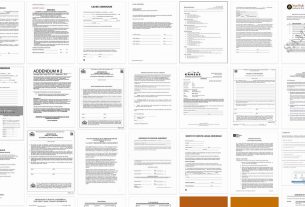It is called the agent to that which has the ability to produce something or acting. Economic, meanwhile, is what is linked to economics (the science dedicated to studying the administration of scarce goods to satisfy infinite needs).
Economic agents are actors who make decisions in a market. These actions generate various consequences that affect the economic system in general.
The families (consumers), the companies (producers and distributors) and the State (which, through various mechanisms, regulates the functioning of the market) are the most important economic agents. This classification of economic agents is based on the model of a supposed closed economy, that is, it has no relationship with foreign markets.
In other words, we can say that economic agents are the main actors of economic activities, that is, of all processes that have some relationship with the production, distribution and consumption of products and services. All the inhabitants of a population that bases their development on these activities, therefore, are economic agents, since they participate in economic life.
Take the case of the market that constitutes any country. Families demand goods of all kinds: food, clothing, medicine, etc. The companies producing these goods to meet demand, which offer on the market. The State, for its part, establishes taxes and sets the rules so that commercial exchange is possible.
Family groups or individuals who participate in the economy of a country are the ones who have the highest percentage of resources that companies need to function, and fall into the category of basic consumer unit: they are the economic agents who, starting from a Always limited budget and limiting factors such as tastes or preferences, seek to obtain the greatest possible satisfaction of their needs through the consumption of products and services.
It must be borne in mind that economic agents often fulfill a double role. Families who demand products and act as consumers are also producers in their jobs. A company that produces and markets food, at the same time buys machinery and various supplies. Even the State is a producer and a consumer simultaneously.
The resources generated by economic agents, on the other hand, also circulate in the system. The taxes that the State charges, to name a possibility, are used to carry out public works, and so that money reaches certain companies, which in turn pay their employees.
We must not forget that the needs of the human being who try to satisfy economic activities focus on resources that are not infinite and that, in many cases, are very difficult to obtain. For this reason, among others, it is so important to define a complex and detailed structure of the different parts that act throughout the process, since the success of the economy largely depends on its study.
The economy is a very broad science, and one of its points of interest is the behavior of economic agents, that is, the way in which they proceed within the economic life of a city to carry out production, distribution and consumption of products and services in circulation.
In order to carry out this study, the economy relies on the assumption that economic agents respect the principle of rationality, according to which there are a series of well-defined objectives, to which decisions must be made, taking into account the limits established by the scarcity of resources available to them.




